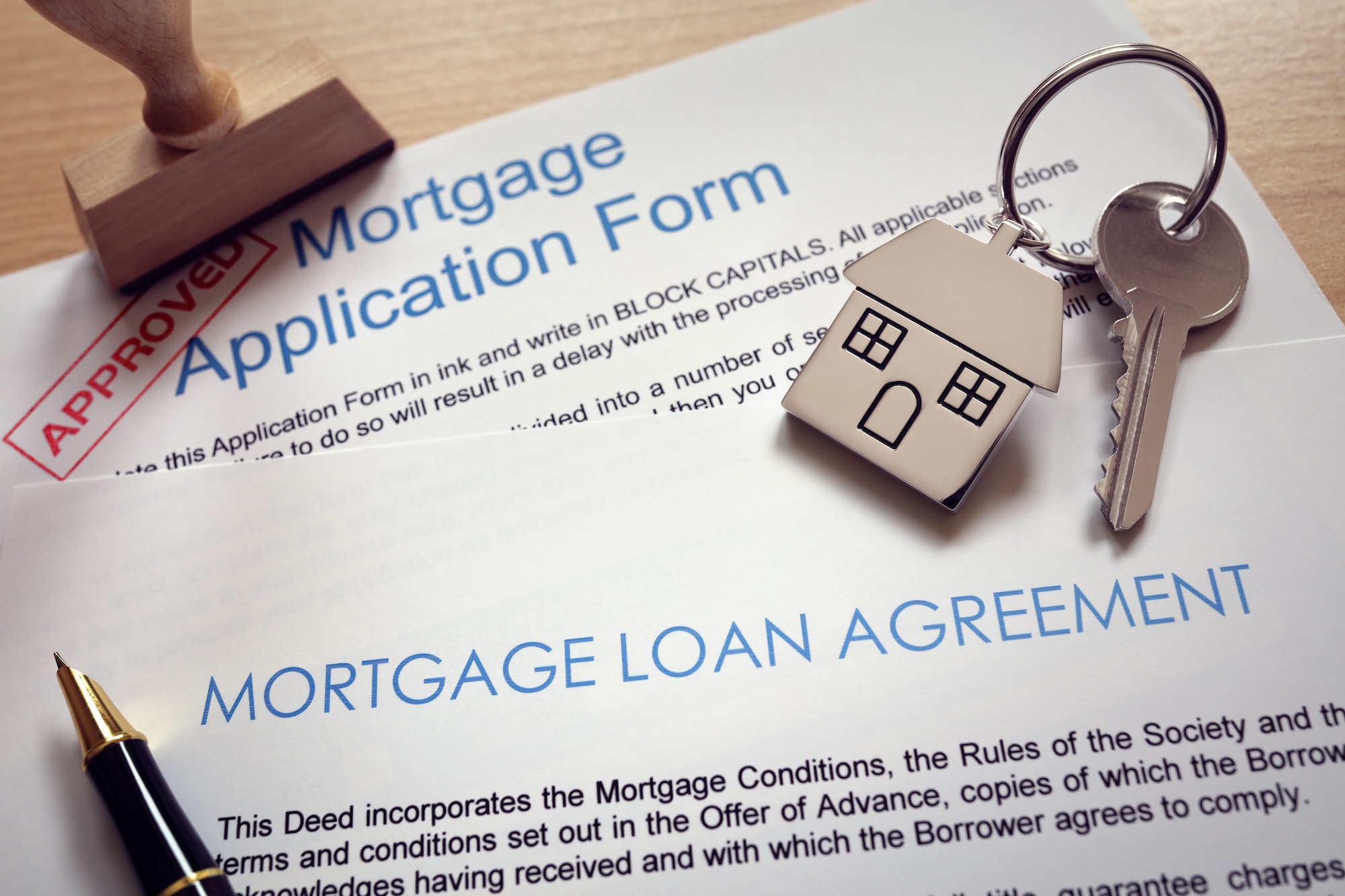In a perfect world, you’d have enough cash in the bank to pay for an investment property outright. Unfortunately, many people find that this is not realistic. They find that they have to secure a loan to make a purchase.
If you’re interested in buying an investment property with the help of a loan, there’s a question you need to answer: what’s the best type of loan for your finances and the property you’re considering?
Let’s take a closer look at some of your options.
1. Conventional Loans
Conventional loans are a popular option for financing investment properties. Much the same as a mortgage for buying a primary residence home, these are not backed by the government. Instead, they can be obtained through banks and credit unions.
Here are some of the most important details associated with a conventional loan:
- Conventional loans have stricter lending requirements than government-backed loans.
- Good credit, a 20 percent down payment, and a low debt-to-income ratio improve the likelihood of approval.
- There are hundreds upon hundreds of lenders that offer various types of conventional loans.
One of the primary advantages of a conventional loan is that interest rates are generally lowered than those that are backed by the government.
2. FHA Loans
FHA loans are backed by the Federal Housing Administration and are a popular option for first-time homebuyers. However, they can also be a good option for purchasing an investment property. FHA loans have less stringent lending requirements than conventional loans, which can make them easier to qualify for.
Speaking of qualifying, here’s what you need to know:
- Borrowers are required to make a down payment of 3.5 percent or more.
- Borrowers must have a credit score of 580 or higher.
- FHA loans require mortgage insurance.
On the flip side, FHA loans are known for low closing costs and easy credit qualifying.
3. VA Loans
VA loans are backed by the Department of Veterans Affairs and are available to eligible veterans and their spouses. While they’re most commonly used by traditional homebuyers, they are available to investors too.
Important points of consideration include:
- Borrowers are required to secure a Certificate of Eligibility from the VA.
- VA loans don’t typically require a down payment (although you can put money down).
- Unlike an FHA loan, there is no mortgage insurance requirement.
- VA loans generally have lower interest rates than FHA and conventional loans.
Learn more about VA loans on the U.S. Department of Veterans Affairs website.
4. Commercial Loans
Commercial loans are designed for purchasing commercial properties, such as office buildings, retail spaces, and apartment complexes. These loans are typically offered by banks and other financial institutions and are secured by the property being purchased.
As the name implies, you won’t use this type of loan if you’re purchasing a single-family residential property. However, it may be the right choice if you’re investing in a multi-dwelling unit.
Things to know include:
- Commercial loans almost always have higher rates than conventional loans.
- Down payment requirements are also higher than conventional loans.
- Commercial loans generally require a business plan and financial projections.
There are pros and cons of commercial loans, so carefully consider the finer details before taking action.
5. Hard Money Loans
Hard money loans are short-term loans that are typically used for fix-and-flip projects. These loans are offered by private lenders and are secured by the property being purchased.
Hard money loans typically have higher interest rates and shorter repayment terms than other types of loans. However, if you’re in a hurry for cash, it’s often the best way to take action.
Hard money loans can be a good option for purchasing an investment property that requires significant renovations or repairs. But remember this: they are not a good option for long-term financing. High-interest rates make these loans very costly.
Additionally, borrowers should be prepared to put up a significant down payment and implement a strategy to pay off the loan in a short period of time.
Final Thoughts
In conclusion, several types of loans can be used to finance the purchase of an investment property, each with its own pros and cons. Carefully consider your options and choose the loan that best fits your needs and financial situation.
Additionally, have a clear plan for generating income from the property and paying off the loan, and be prepared for the potential risks and costs associated with owning and managing an investment property. The work you put in upfront will pay off in the long run.
